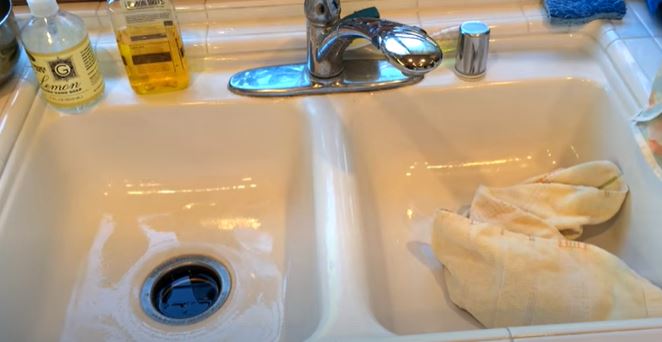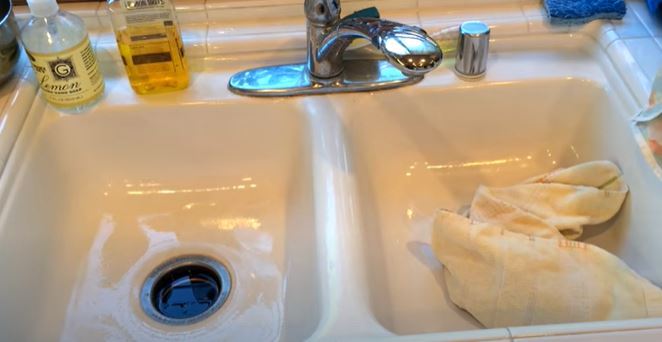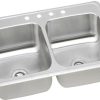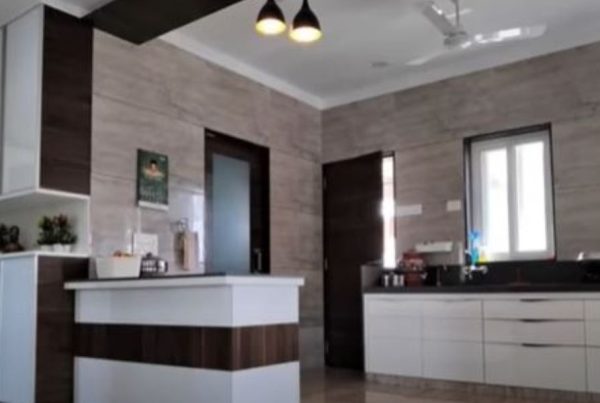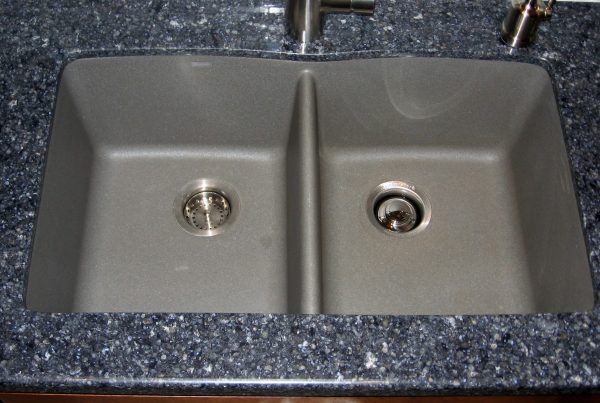Dealing with a prevent black water backing up can be a frustrating experience. The unpleasant sight and odor of black water backing up can disrupt your daily routine. This comprehensive guide will walk you through various proven methods to prevent black water from backing up in your kitchen sink. From simple maintenance practices to advanced troubleshooting, we’ve got you covered.
How to prevent black water backing up in the Kitchen Sink
Regularly Clear Food Debris and Grease
Food debris and grease are among the most common culprits of prevent black water backing up. Over time, these particles can accumulate in the drainage system, causing blockages. To prevent this issue, scrape off plates and dishes before rinsing them. Install a sink strainer to catch larger debris and dispose of it in the trash.
Avoid Pouring Oil and Grease Down the Drain
Pouring oil and grease down the drain might seem convenient, but it can lead to major blockages. These substances solidify as they cool down, creating a thick barrier in your pipes. Instead, collect cooking grease in a container and dispose of it properly in the trash.
Use a Hot Water Flush
A simple yet effective prevent black water backing up measure is to run hot water down the drain regularly. Hot water can help melt grease and break down accumulated residues, preventing them from clogging the pipes. Once a week, let hot water run through the drain for a few minutes to maintain cleanliness.
Install a Garbage Disposal Unit
Consider installing a garbage disposal unit under your sink. These devices can shred food scraps into smaller particles that are easier to flush down the drain. However, be cautious about overloading the disposal, as excessive use can lead to clogs.
Be Mindful of What You Put in the Disposal
While garbage disposal can handle many food scraps, some items should never be put in. Avoid disposing of coffee grounds, eggshells, bones, and fibrous vegetables. These can damage the disposal or contribute to blockages.
Expert Advice: Addressing Stubborn Blockages
In some cases, preventative measures might not be enough to prevent black water backups. If you encounter persistent clogs, it’s advisable to seek professional help. Plumbing experts can use specialized tools like drain snakes and hydro-jetting to clear stubborn blockages and restore proper drainage.
FAQs
How do I know if my kitchen sink is backing up?
Signs of a prevent black water backing up include slow drainage, gurgling sounds, and foul odors from the drain. If you notice any of these signs, taking action promptly is essential.
Can I use chemical drain cleaners to prevent backups?
While chemical drain cleaners can temporarily clear minor clogs, they can damage your pipes over time. It’s best to rely on natural methods or seek professional assistance for more severe blockages.
Are there any preventive measures for a double sink?
Absolutely! Use sink strainers in both sinks to catch debris and avoid overloading the garbage disposal. Regular maintenance routines, like hot water flushes, can also be applied to double sinks.
Why is professional help necessary for severe backups?
Professional plumbers have the expertise and tools to diagnose the root cause of severe backups. They can provide targeted solutions to prevent black water backing up future issues and ensure the longevity of your plumbing system.
Can tree roots cause kitchen sink backups?
Yes, tree roots growing into underground pipes can lead to blockages in your kitchen sink. If you suspect this is the issue, a plumber can inspect the camera to confirm and take appropriate action.
What should I do if my sink still backs up despite preventive efforts?
If your sink continues to back up despite your best efforts, it’s time to call a professional plumber. They can identify the underlying problem and implement effective solutions to resolve the issue.
Conclusion
Prevent black water backing up from backing up in your kitchen sink requires proactive maintenance and careful usage habits. By following the expert advice in this guide, you can keep your sink drainage system functioning smoothly and avoid the inconvenience of blockages. Remember, a little prevention goes a long way in maintaining a healthy and efficient plumbing system.



